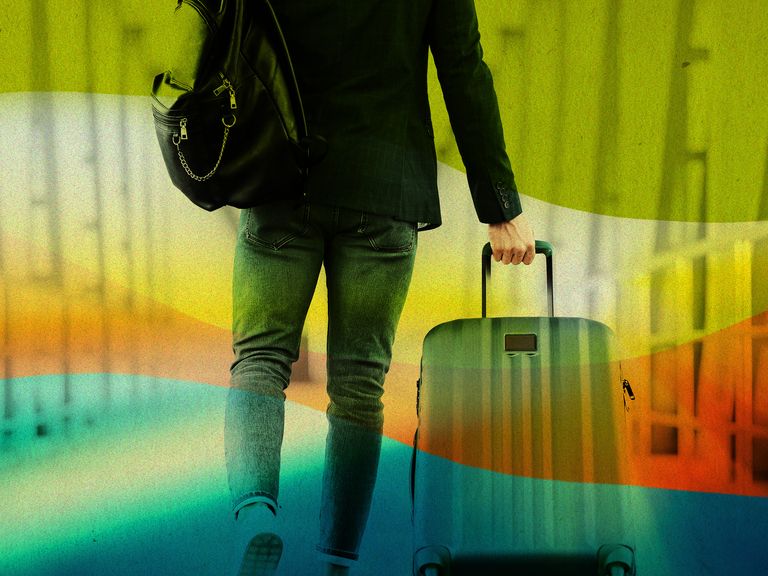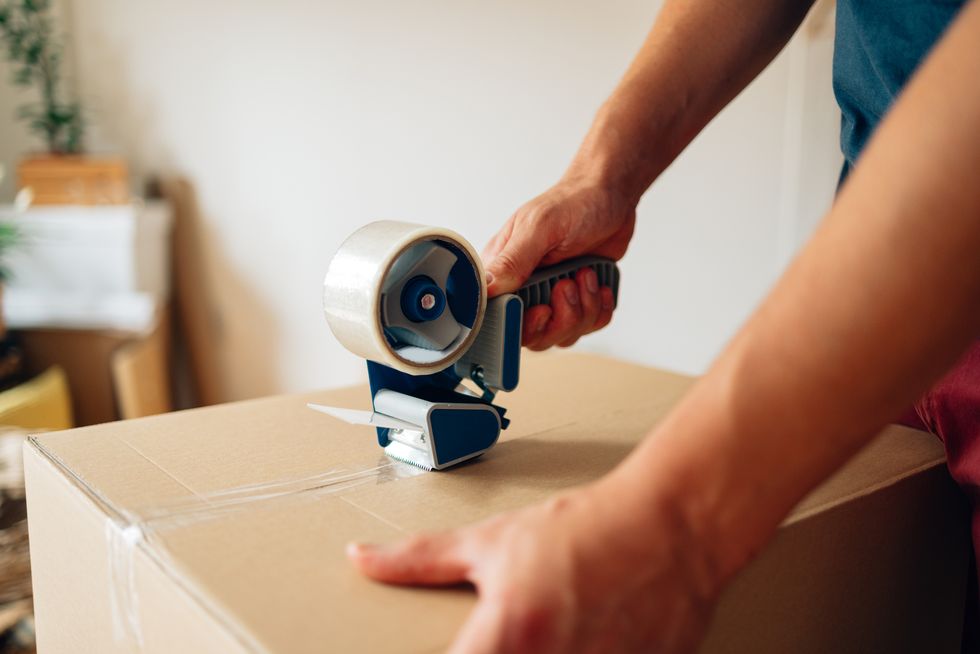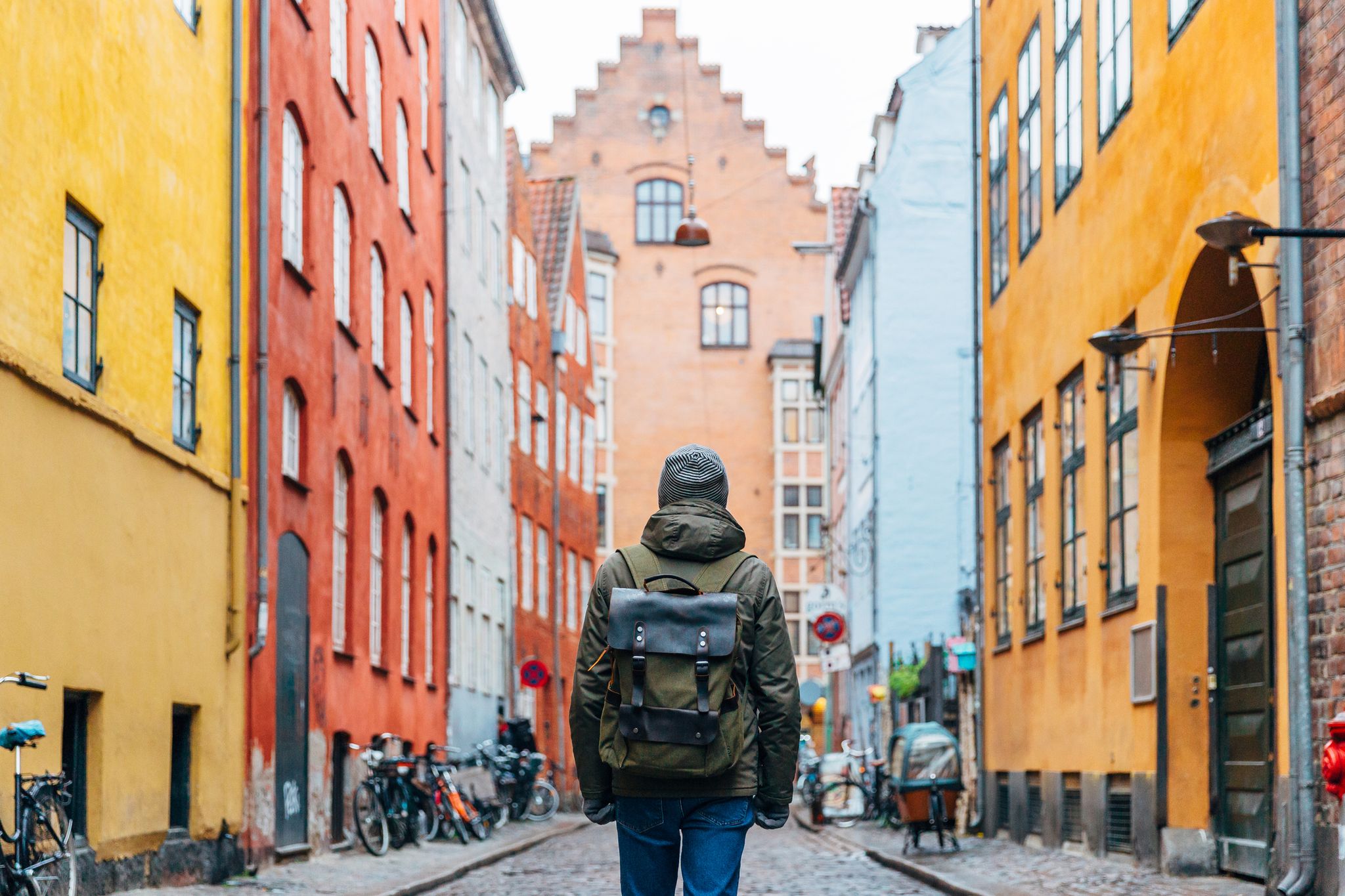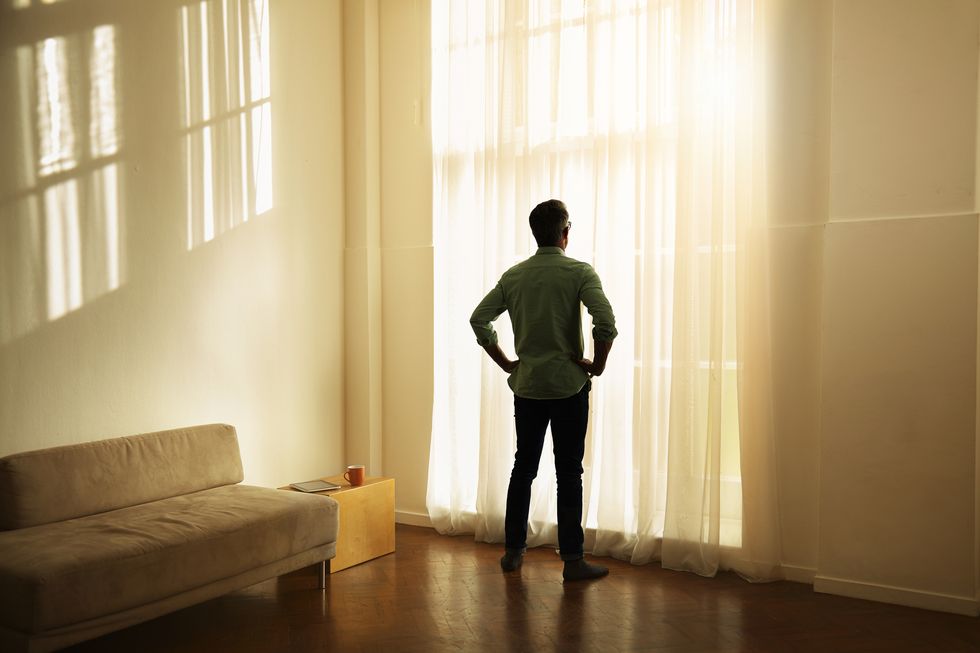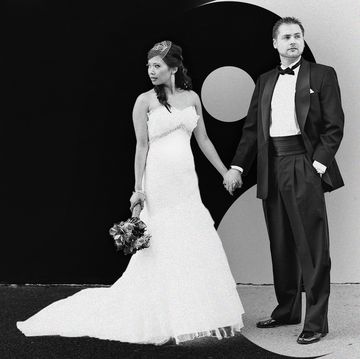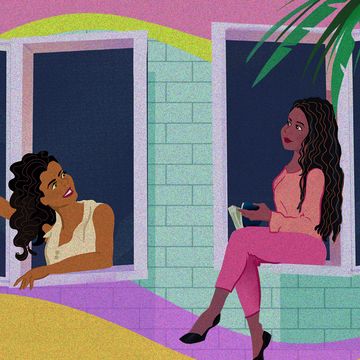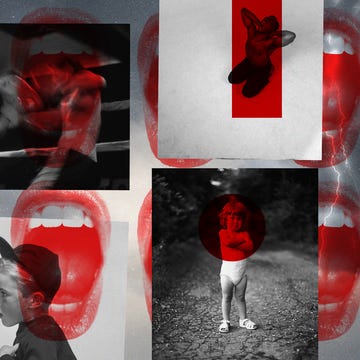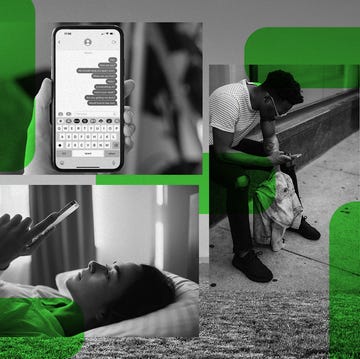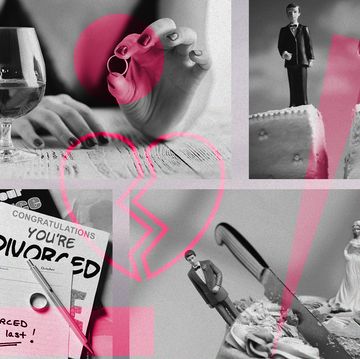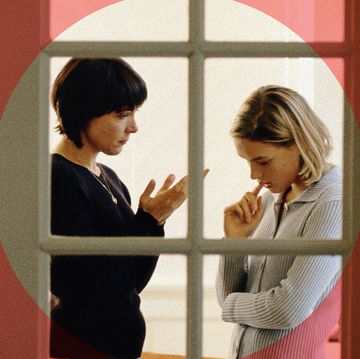At 1 a.m. the night of Valentine’s Day in 2019, my wife of nearly 22 years said she wanted a divorce. We had an argument. There was much yelling and crying. By the time the sun came up, I was lost.
I had no frame of reference for divorce. My parents had been together 52 years until they both died. My two brothers were happily married, and so were my aunts, uncles, cousins, and closest friends. My wife left our family home, where we raised our 17-year-old daughter, for an apartment. I couldn’t sleep. I had to remind myself to eat. I had no idea how to move forward, so I made a list of what the rest of my life could look like. At the top, I wrote: “TRAVEL.”
The word momentarily made me feel better. My ex-wife likes hiking miles through impossible terrain to reach remote campsites near Colorado ski towns or Nepalese villages under the stars. I like air-conditioned hotels in big cities. She likes to spend money on trips; I like to economize. Now, I was free for the first time in two decades to travel my own way. But where did I want to go? And how would I afford it?
To contemplate these questions, I took long walks in northwest Denver, where, 18 years earlier, we’d stretched our budget to afford an 1880s Victorian and start a family. I passed the Indian restaurant on the corner, the hippie chicken-wings joint, coffee shops brimming with people on laptops, the extravagant sushi fixture we could rarely afford, and the charming bakery whose chocolate croissants drew lines around the block.
This time, however, I noticed something new: no hotels. Hmm. I found a vacation rental income estimate calculator online and typed in the basic specifications of our house: two bathrooms, four bedrooms, maybe five with a convertible couch from Wayfair. With that, the house could accommodate eight to 10 guests. I typed in the address. The estimate that came up: $97,010. I blinked. $97,010 in yearly income?
I started to think about my warm, old house, where I’d built a freelance writing career glimpsing the top of the Rocky Mountains from a second-floor window like Shel Silverstein’s The Giving Tree. It had provided shelter, community, and a brick-walled kitchen to our family for 18 years. Soon, new families could move in, one weekend at a time. The Giving Tree didn’t end so well for the tree, but I’d worry about that later.
I figured the $97,010 was wishful and trimmed the estimate to a conservative $60,000. I contacted property managers who specialized in Airbnb and Vrbo rentals. The last thing I wanted was to receive a 2 a.m. call in some faraway place about a broken pipe. Property managers cost about 15 to 25 percent of net rental income, but they handle everything, from setting up the cleaning service (which guests pay for) to setting variable prices for weeknights and weekends.
The pandemic complicated my — like everyone else’s — plans. Cowering in the house, afraid of dying, unemployment, and the end of the world, I delayed my trip. But it brought an opportunity. When vaccines entered the scene, I took a risk and booked low-demand air travel and lodging in seven European cities. The international flights totaled less than $1,000. The Airbnbs I booked were not luxurious, but they seemed homey and cost only $600 to $800 per week. If my Denver home netted $4,000 to $5,000 per month, I’d break even, which given unforeseen expenses on silverware, fans, and bed frames, is just about what happened.
I spent the subsequent year converting the house into a hotel, dragging everything I own with any material or sentimental value, including a portrait my daughter had painted of The Clash for my birthday, thousands of CDs, and my parents’ ashes, into the basement. A handyman added an impenetrable bracket to the basement door, and I padlocked and screwed bars over the windows.
I finally left in August 2021. By then, my daughter was enrolled in college in New York City. I visited her for two weeks. We glared at unmasked subway riders together. We ate pancakes at East Village diners. Then, it was off to Europe. Alone.
In London, I didn’t leave enough time to finish a dryer load in my Airbnb and had to schlep across town with wet, heavy clothes in a plastic grocery bag, only to miss my train to Paris. I wound up at a laundromat, befriending a local singer in his 80s: Bob Davenport, who introduced Bob Dylan at the Newport Folk Festival in the ’60s.
In Paris, I interviewed Arnaud Meersseman, general manager of concert promoter AEG Presents France, the first person shot and wounded at the Bataclan music club in the 2015 terrorist attacks.
In Barcelona, I sat on the beach and looked at the sea for most of a Sunday.
I arrived in Copenhagen late on a Thursday, then woke up early Friday for a run. It was dark at first, and ships emerged out of the mist from the Port of Copenhagen. As the sun came up, the city came into view as if a curtain was being raised on the red, yellow, and blue neoclassical buildings lining the streets, overlooking the harbor.
I explored the world’s greatest art museums, including the National Gallery in London, the Louvre in Paris, and the Moderna Museet in Stockholm. Seeing all those Picassos, Van Goghs, and the Mona Lisa herself put me in an upbeat mood.
Still, something was nagging me. I have this persistent “you suck!” voice in my head that repeats a variation of a singular message: “You’re doing it wrong.” I’d heard this refrain externally throughout two decades of marriage, and it merged with my internal voice, causing endless anxiety and, occasionally, depression. Traveling solo across Europe with plenty of time to think, I kept hearing the voice.
I’m the rare traveler who is unadventurous when it comes to food. I’ll listen for hours to the weirdest, loudest, skronkiest industrial-jazz-metal combo at the dingiest, sweatiest nightclub. But if you serve raw octopus on a plate, I’ll go home hungry. So, I bought groceries and hewed to a weekly budget of two or three restaurant meals per city — a few more in Paris because who can resist chocolates and pastries at outdoor cafés in late summer? In Stockholm, I played tourist and sought out Swedish pancake breakfasts and Swedish meatball dinners. “You’re wasting all these cities,” the voice said in my head.
Finally, in Copenhagen, I took a walk from my harborside neighborhood in revamped, industrial Islands Brygge through the weed-friendly enclave of Freetown Christiania to the high-end tourist areas of Indre By and Nørrebro. I let the voice run: “You’re not spending enough money to explore these cities. It’s a once-in-a-lifetime experience, and you’re cooking scrambled eggs on an induction stove. You’re. Doing. It. Wrong.”
I kept walking, past bridges and buildings and churches and shops. Then, came a different voice: “What if I’m doing it right?” I stopped at a park bench at Ørstedsparken overlooking a lake. I made it here. This could be my life. I could travel, see the world, and gaze at a Van Gogh every damn day. What if I’m doing it right? What if?
I returned home from that first trip in late October 2021. The house had a few dents and dings from guests. Somebody had crowbarred open my garage side door, but nothing was stolen. I unlocked the basement padlock, brought up pots and pans, and cooked pasta out of a box. I ate it on the living room couch and queued up a PBS history of country music, contemplating Hank Williams Sr. and how to do the rest of my life right.
Steve Knopper is an editor at large at Billboard and author of Appetite for Self-Destruction: The Spectacular Crash of the Record Industry in the Digital Age and MJ: The Genius of Michael Jackson.
Get Shondaland directly in your inbox: SUBSCRIBE TODAY
